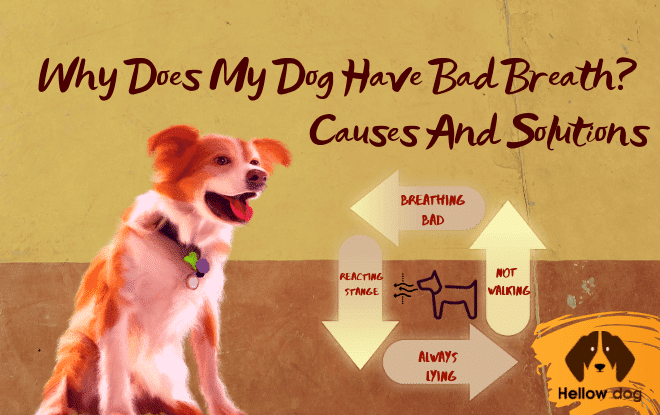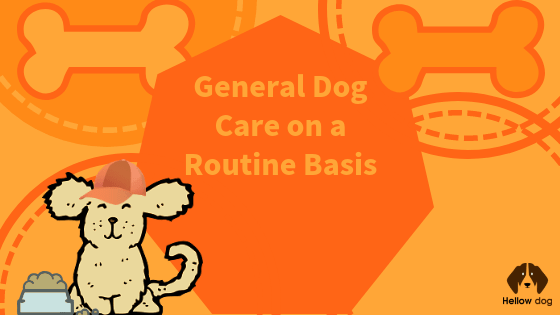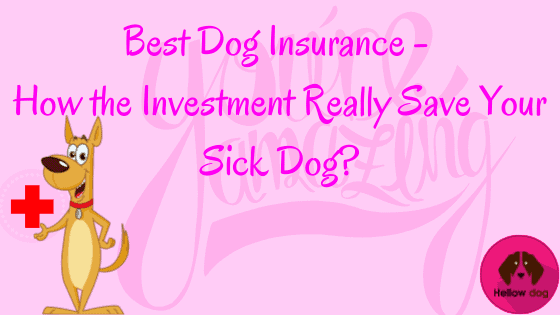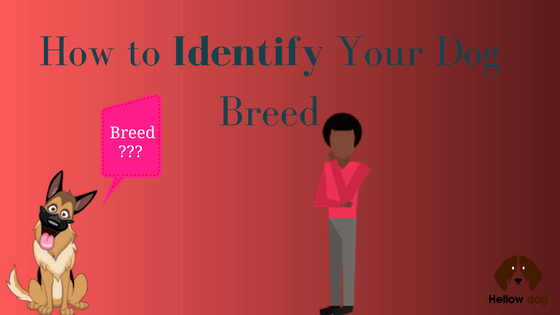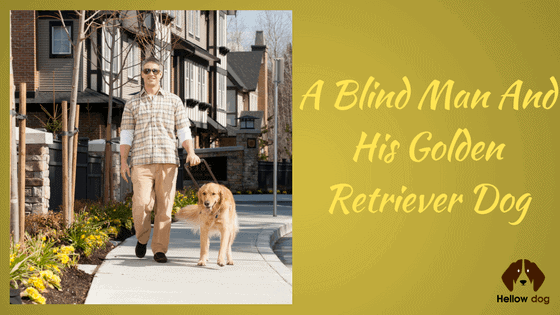The pleasure of owning a dog is to be able to hold it, give it affection, and make caresses. But if you find that your dog has bad breath when you approach him, you may lose the desire to do so. And although many people assume it is something natural, dogs do not need to have unpleasant breath. Nor should you consider it as something harmless, since unfortunately in some cases it can be a symptom of a serious dental problem, and this causes bad breath in dogs, which should make you worry.
Mouth odor in dogs is usually easy for the owner to determine. There are dog mouth odors in which you can perceive the unpleasant smell only when you approach the animal. Sometimes, however, the whole apartment smells of it, or after transport in the car, the whole vehicle stinks unbearably. The nasty smell either arises directly in the mouth of the dog by bacteria in its teeth and gums or gets out through foul belching and coughing of the dog from the inside of the stomach to the outside. In some cases, even the saliva itself can stink.

As soon as you notice the unpleasant smell, do not hesitate but help the dog immediately. It is important to find the causes and take appropriate countermeasures.
What Causes Bad Breath in Dogs?
As in humans, bad breath in dogs has different causes. A significant reason is basically due to teeth problems.
That foul odor from your dog can mean several things. The most common is that your pet has a dental problem, gingivitis, or periodontal disease. The health of your dog’s teeth is a fundamental issue that is often overlooked, as few Pet owners fail to practice the healthy habit of cleaning them regularly.
What do you think would happen to you if you lived all your life without brushing your teeth? At the very least, you would have bad breath, right? Well, that’s what happens to many dogs.
As with humans, plaque and tartar build up on the dog’s teeth over time. Food remains on the teeth, gums, and tongue also favor the growth of harmful bacteria that attack the surface of the teeth and cause bad odors. A particular weak point is gaps between loose teeth, which also often contain foreign bodies. Here, rotting bacteria have an easy game to settle undisturbed and multiply.

What Causes Bad Breath in Dogs Besides Teeth?
Periodontal Disease
One of the most common reasons that cause of bad breath in the mouth of dogs is periodontal disease, a pathology that affects the tissues (gums) that support the teeth. It’s also an infectious pathology caused by bacteria present in the mouth of the dog which not treated in time can cause the fall of teeth and various infections in different organs of your dog’s body. All this besides being very dangerous for it is incredibly annoying. To prevent this, it is necessary to brush the dog’s teeth regularly (always using the appropriate material) and perform checks at the veterinarian.
Gastrointestinal Diseases
Another reason that can cause the bad smell in the mouth of our dog is a gastrointestinal disease, that is, all those diseases that affect your digestive system. Its causes may be different: it may be caused by an infection, the ingestion of a food or product in poor condition, or even by stress. Preventing it in some instances can be difficult, but it is always advised to control everything that our dog ingests and help them lead a healthy life with regular exercise and proper nutrition.
Ingesting Unpleasant Things
It is known to us that dogs love to eat things they find on the street; some of them are certainly disgusting. This case does not require the visit of the veterinarian, just a little control and following some tips at the time of the walk can prevent our dog from eating bad things down the street. Fortunately, in this case, the smell is usually temporary, and if our dog stops eating things that it should not in a few days, the smell disappears.
Also, food leftovers from human food or waste and excrement, which the dog finds and eats usually increase the risk of halitosis. Here you should always be careful that your dog does not eat them and provide for the proper education of the animal.
Qualitatively Inferior Food
Halitosis in dogs is mainly caused by having the wrong diet. Food of poor quality, especially cheap canned food, hurts the oral flora due to the harmful ingredients. Often, additives or sugars are processed that promote the growth of bacteria. The Consequence is bad breath. The same applies to unpleasant-smelling feed, such as rumen or dried fish with fish flavor.
Incorrect dog food or individual problems with certain types of food can also trigger indigestion in the dog. If food is not properly digested after ingestion, the result is often a fishy odor from the mouth.
Inflammation in the Mouth
A high number of bacteria is also a source of danger for other diseases, such as inflammation or the formation of dental pockets in the gums. In the later stages, this can mean the complete loss of individual foul teeth. Caution is also required so that bacteria do not enter the bloodstream.
The result can be serious heart, kidney, and liver damage. The inflammation can be the cause of a dog stinking from the mouth, as the folds of the skin tend to collect bacteria responsible for disgusting odors.
More on Dog Dental Hygiene
What Causes Bad Breath in Small Dogs?
It is assumed that a great number of dogs suffer from bad breath (halitosis) when they are little, so if your puppy is included among those who suffer from this, you should not feel alone. Many puppy owners wonder why their dog has bad breath, even when some of them frequently clean their mouths.
If we are talking about newborn or very young puppies, they may have bad breath because they have a typical habit of this age: coprophagia.
It’s also best to avoid giving wet food to your puppies because wet food covers their teeth and gums with liquid organic material that can settle even in the smallest cracks and niches. Here, the remains of bacteria are decomposed, and the result is a foul smell from the mouth due to the sulfur compounds, which are produced as metabolites of bacteria.

What Causes Bad Breath in Old Dogs?
Your dog can get worse in his breath because as he gets older, his stomach is not what it used to be, nor his teeth. If you think your dog has halitosis because of its age, get used to cleaning the teeth with special love and use this trick: reduce wet or canned foods and choose dry recipes and think quality as earlier recommended with small dogs.
By doing so, you will prevent food from getting left over between its teeth, you will reduce the presence of tartar, and you will also be giving it a meal so that it will be able to chew and swallow better.
Conclusion
Dogs do not need to have bad breath all the time. In some cases, it may be due to a minor problem such as having ingested something unpleasant, and at other times it may be indicative of a much larger problem. What advice should we follow then? Frequently cleaning its teeth, and making a visit to the veterinarian from time to time will prevent your dog from having this problem.

